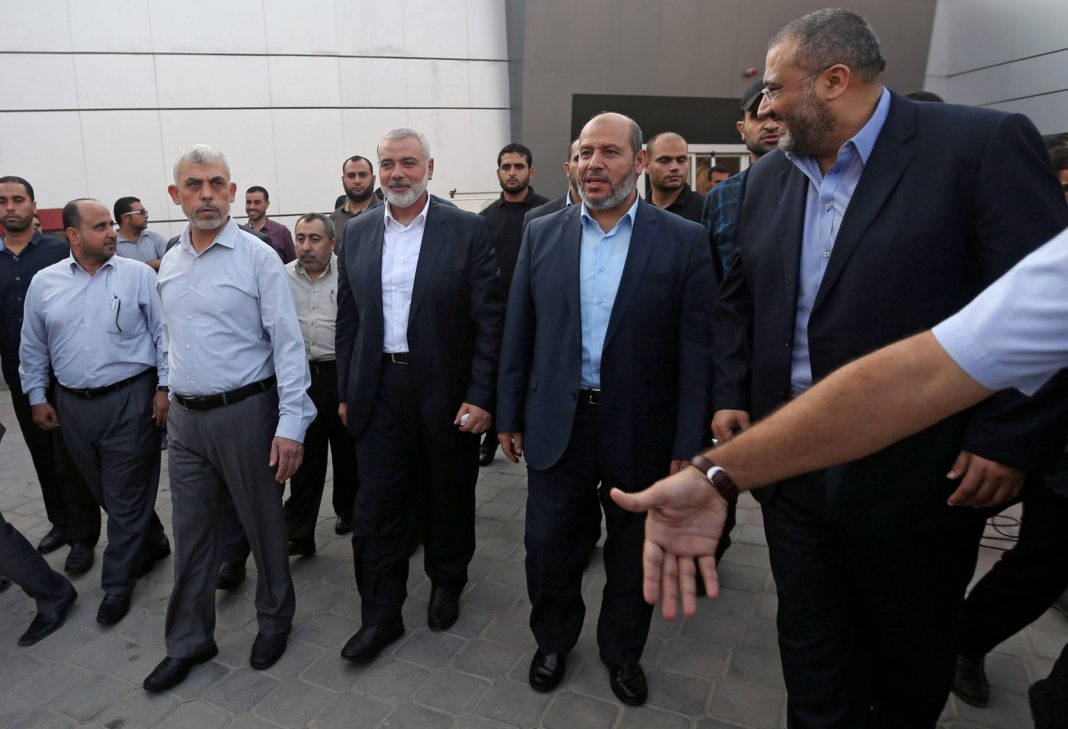The Persian Gulf state was weighing whether to allow Hamas to continue operating the political office, and the broader review includes considering whether or not to continue mediating in the seven-month conflict, the official told Reuters.
Qatar announced last month it was reevaluating its role as mediator in indirect talks between Israel and Hamas, citing concerns that its efforts were being undermined by politicians seeking to score points.
“If Qatar isn’t going to be mediating, they won’t see a point in keeping the political office. So that is a part of the reassessment,” the official said, speaking on condition of anonymity.
The official did not know if Hamas would be asked to leave Doha if the Qatari government did decide to close the group’s office. However, the official did say Qatar’s own review of its role would be influenced by how Israel and Hamas act during the ongoing negotiations.
In a report on Friday, The Washington Post cited an unnamed U.S. official as saying Washington had told Doha to expel Hamas if the group continues to reject a ceasefire deal with Israel.
Hamas negotiators arrived in Cairo on Saturday for intensified talks on a possible Gaza truce that would see the return to Israel of some hostages, a Hamas official told Reuters.
Qatar has hosted Hamas’ political leaders since 2012 as part of an agreement with the U.S.
Ismail Haniyeh, the group’s leader, lives in Doha and has traveled frequently, including to Turkey, since the Hamas military operation on Oct. 7.
Qatar, an influential Persian Gulf state that is designated as major non-NATO ally by Washington, has come under criticism from within the United States and Israel over its ties to Hamas since last year.
Some U.S. lawmakers have called on President Joe Biden’s administration to reevalaute its ties with Qatar if it does not pressure Hamas to make a deal to release hostages. Others have urged Qatar to cut ties with Hamas.
Israeli Prime Minister Benjamin Netanyahu has also called for Qatar to pressure Hamas. Qatar and Israel do not have formal ties but their officials meet to discuss the mediation efforts.
